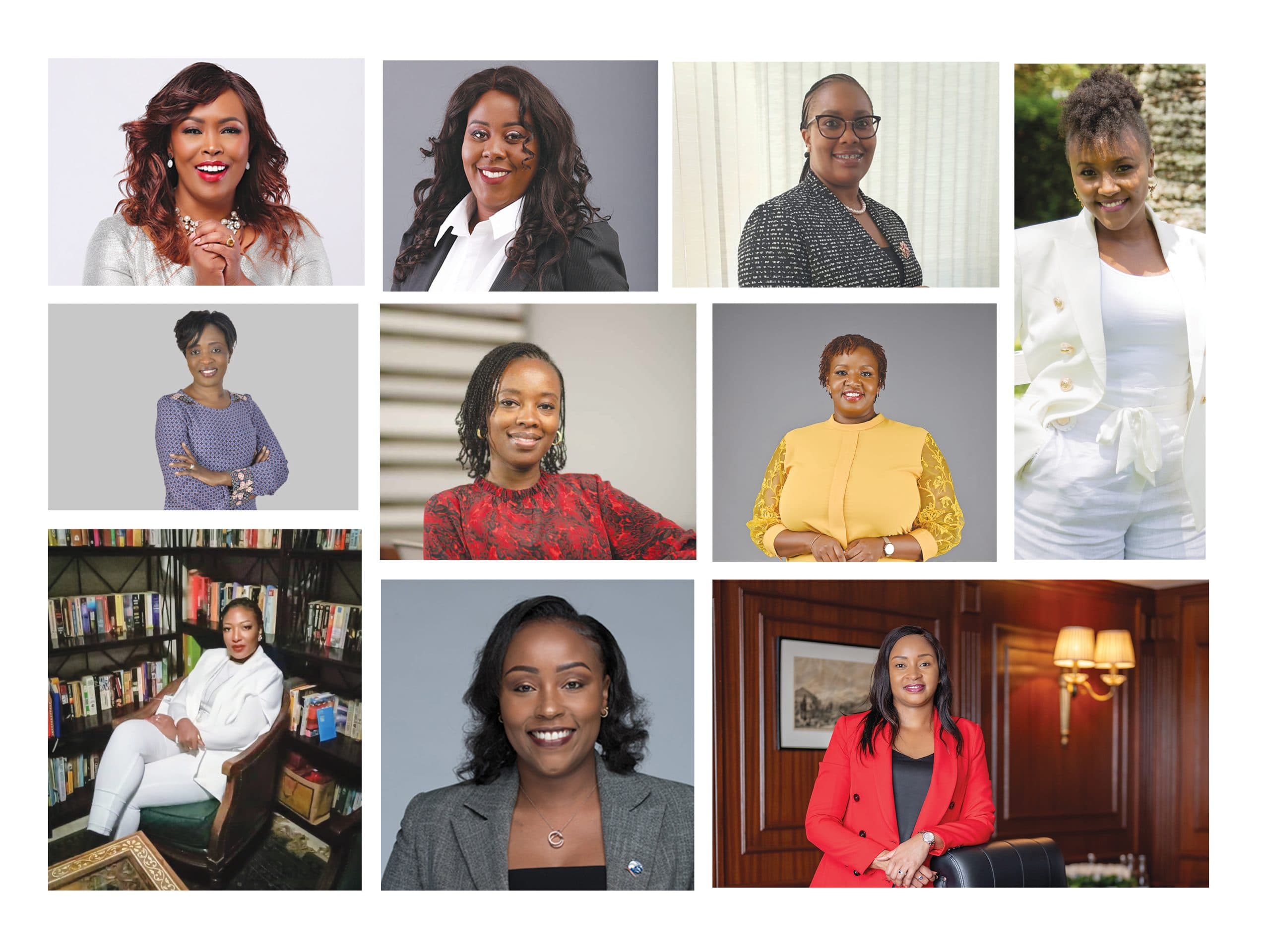We're loading the full news article for you. This includes the article content, images, author information, and related articles.
Viral comparisons between Kenyan and Nigerian women often rely on harmful stereotypes. A deeper, data-driven analysis reveals a more complex reality of shared struggles and distinct triumphs in the journey towards gender equality.

A recent viral video comparing Kenyan and Nigerian women sparked widespread debate, praising the former for being 'respectful' and 'peaceful' while criticizing the latter. Such comparisons, often based on anecdotal evidence and broad generalizations, miss the complex socio-economic and cultural realities that shape the lives of women in both nations. A data-driven examination of key gender equality metrics reveals that while women in Kenya and Nigeria face similar patriarchal challenges, they are making strides in different areas, painting a picture far more nuanced than simplistic stereotypes suggest.
Women in both Kenya and Nigeria are significant contributors to their respective economies, particularly in the informal and entrepreneurial sectors. Sub-Saharan Africa has the highest rate of female entrepreneurs globally, with about 26% of women starting or managing a business. In both Kenya and Nigeria, over 50% of sellers on the e-commerce platform Jumia are women, highlighting their embrace of digital platforms to grow their businesses. A Mastercard study revealed that 83% of Nigerian women consider themselves entrepreneurs, driven by a desire for financial independence and to realize their ideas.
However, significant barriers remain. A survey by the Gates Foundation found that 64% of women in Kenya and 62% in Nigeria cited a lack of start-up capital as a major obstacle to achieving their economic goals. In Kenya, women spend approximately five hours daily on unpaid domestic and care work, compared to just one hour for men, limiting their time for paid economic activities. Similarly, in Nigeria, cultural norms often relegate women to subordinate roles, hindering their economic advancement despite their crucial role in food production. Both governments have launched initiatives to address these gaps. Nigeria's National Women's Economic Empowerment (WEE) Policy and Action Plan (2023-2028) aims for structural reforms to boost female participation in the economy. Kenya has also focused on Women's Economic Empowerment, with organizations like UN Women and CARE Kenya implementing programs to increase women's productivity in agriculture and access to markets.
The political landscape in both countries presents a mixed but evolving picture for women. Kenya has seen recent progress, with the August 2022 elections ushering in a record number of women into positions of power, including seven governors and 26 Members of Parliament. Despite this, Kenya still ranks low regionally for women's political participation, with women accounting for only 23.3% of parliament, a figure that includes the constitutionally mandated Women Representative seats.
Nigeria's situation is more critical. Women, who constitute nearly half the population, are severely underrepresented in politics. As of July 2024, there were only four female senators out of 109 (3%) and 15 women in the 360-member House of Representatives (4%). At least 13 of the 36 states had no female lawmakers in their state assemblies after the last election. Patriarchal structures and cultural norms are cited as significant barriers to women's political aspirations in both nations.
While strides have been made in girls' education, disparities persist. A British Council report covering Ghana, Kenya, Nigeria, and South Africa found that female graduates face higher unemployment rates than their male counterparts, and socio-cultural norms often prioritize boys' education. In Kenya, while girls often outperform boys in primary school, they tend to fall behind in secondary education, particularly in STEM subjects. In parts of northern Nigeria, extremist activities have exacerbated gender gaps in education by targeting schools, especially those for girls.
Gender-based violence (GBV) is a severe and pervasive issue in both countries. Kenya has experienced a surge in femicide, with media reports indicating more than ten women were killed in January 2024 alone, sparking nationwide protests. Between 2016 and 2023, at least 546 women and girls were killed in Kenya. Nigeria recorded an estimated 401 femicide cases in 2022 alone. In both nations, deep-seated cultural beliefs and a lack of specific legal frameworks to address femicide hinder justice for victims.
Ultimately, comparing Kenyan and Nigerian women through the lens of harmful stereotypes is a pointless exercise that flattens the diversity and individuality within each nation. Both countries are deeply patriarchal societies where women navigate a complex web of cultural expectations, systemic barriers, and economic challenges. The data shows that women in both nations are resilient, entrepreneurial, and increasingly demanding their rightful place in the economic and political spheres. Focusing on these shared realities and the specific, data-backed challenges they face is more constructive than perpetuating divisive and unfounded national caricatures.
Keep the conversation in one place—threads here stay linked to the story and in the forums.
Sign in to start a discussion
Start a conversation about this story and keep it linked here.
Other hot threads
E-sports and Gaming Community in Kenya
Active 9 months ago
The Role of Technology in Modern Agriculture (AgriTech)
Active 9 months ago
Popular Recreational Activities Across Counties
Active 9 months ago
Investing in Youth Sports Development Programs
Active 9 months ago